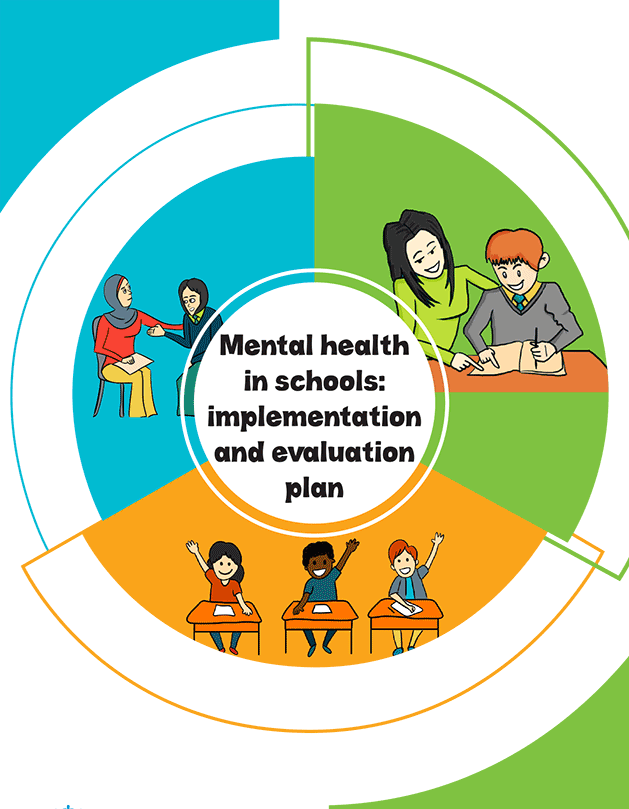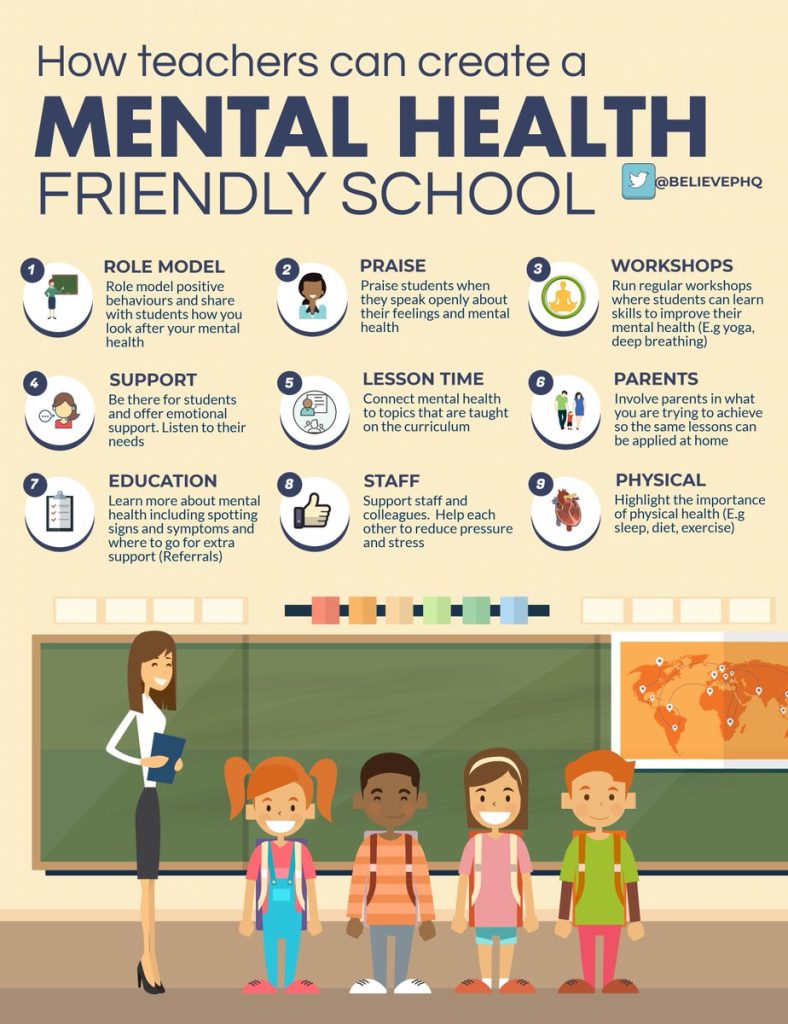The Role of Schools in Supporting Children's Mental Health: Programs and Resources

Ensuring your children’s mental health and well-being is paramount as a mom or parent. We strive to provide our kids have the best educational opportunities available so they can meet their full potential and grow up to thrive in their lives and careers. But did you know that schools are essential in supporting children’s mental health? From various support programs offered through school systems to a wealth of resources, schools help lay the groundwork for positive mental health during childhood. In this blog post, we’ll explore the different programs and resources available through schools explicitly designed with your child’s mental well-being in mind.
Understanding Mental Health Challenges in School Children
Mental health challenges among school children have become increasingly prevalent in recent years. While physical health is always a primary concern regarding children’s well-being, mental health is equally important. The effects of mental health challenges can be devastating and long-lasting if not addressed. Awareness of the signs and symptoms of mental health challenges is crucial to identifying and addressing them early on. Early intervention and prevention strategies are vital in helping children learn how to manage their emotions and cope with daily stressors. Creating a supportive and nurturing environment where children can express themselves freely and receive the help, they need is essential. With the right resources and support, we can help school children overcome their mental health challenges and thrive academically, socially, and emotionally.
Identifying Signs and Symptoms of Mental Health Issues
Mental health is an essential aspect of overall well-being, and it’s crucial to identify signs and symptoms of potential issues. While it’s normal to feel down or stressed from time to time, prolonged changes in behavior or mood could be a cause for concern. Common signs to look out for include:
Increased irritability.
Changes in appetite or sleep patterns.
Difficulty concentrating.
Feeling isolated from friends and family.
If you suspect someone is struggling with a mental health issue, it’s essential to approach them with compassion and empathy. Encouraging them to seek professional help or offering support may make all the difference in their journey toward recovery.
The Role Schools Can Play in Supporting Mental Health
As society becomes more aware of the importance of mental health, schools must play a role in supporting their students’ well-being. With one in five U.S. adolescents experiencing a mental health condition in any given year, schools have an opportunity to provide early intervention and support for those who need it most. By incorporating mental health into their curriculum, providing access to counseling services and resources, and promoting a safe and inclusive environment, schools can ensure that students feel supported and empowered to prioritize their mental health. As the saying goes, “It takes a village,” and schools can be a crucial part of that village in supporting young people’s mental health.
Assessing the Resources Available for Schools to Support Mental Health
Mental health is a vital aspect of overall well-being for individuals, and it is imperative to prioritize this aspect for school students. While academic excellence is essential, students cannot reach their full potential if they are struggling with mental health challenges. Thus, assessing the resources available for schools to support mental health is crucial. The well-being of students is not only an individual responsibility but a societal one as well. Providing schools with adequate resources and support helps students achieve academic success while managing their mental health needs. The available resources include but are not limited to trained professionals, guidance counselors, mental health clinics, and evidence-based programs. Investing in such resources benefits students mentally and emotionally and enhances their academic and life outcomes. It is high time that we give mental health the attention it deserves and equip our schools with all the necessary resources.
Implementing Programs to Enhance School-wide Mental Health Awareness
In today’s society, mental health has become a much more prevalent topic of discussion. As we have learned more about the importance of caring for our mental health, it has become clear that we need to address these issues at a young age. By implementing programs to enhance school- wide mental health awareness, we can ensure that students receive the tools and resources they need to maintain good mental health. These programs can take many forms, from classroom discussions to events and workshops. By providing a safe and open environment, students can feel comfortable discussing their mental health and seeking help when needed. Through these efforts, we can create a future where mental health is just as important as physical health.
What Parents Need to Know About Supporting Their Child's Mental Health In School
As parents, we all want our children to thrive in school, both academically and socially. However, it can be easy to overlook their mental health amidst the hustle and bustle of everyday life. Studies show that one in five children has a mental health disorder, and with the added stress of homework, peer pressure, and social media, it’s more important than ever to prioritize mental health in schools. By staying informed about mental health resources available to your child, developing an open dialogue about their emotions, and advocating for their needs, parents can play a critical role in supporting their child’s mental well-being during their school years and beyond.
Schools need comprehensive mental health policies and programs to identify and address the unique mental health needs of all children. Schools need adequate resources and support from staff, administrators, parents, and other stakeholders to provide the highest quality of education successfully. There are many ways that schools can support children’s mental health, such as implementing programs to promote collaborative problem-solving and referring students with mental health issues to appropriate healthcare professionals. Parents must also be engaged and informed about their child’s educational experience so they can partner with the school in promoting a mentally healthy environment for their children. With open communication between the school, parents, and students, plus access to resources when needed, we can create a safe learning space where each student can reach their full potential.






